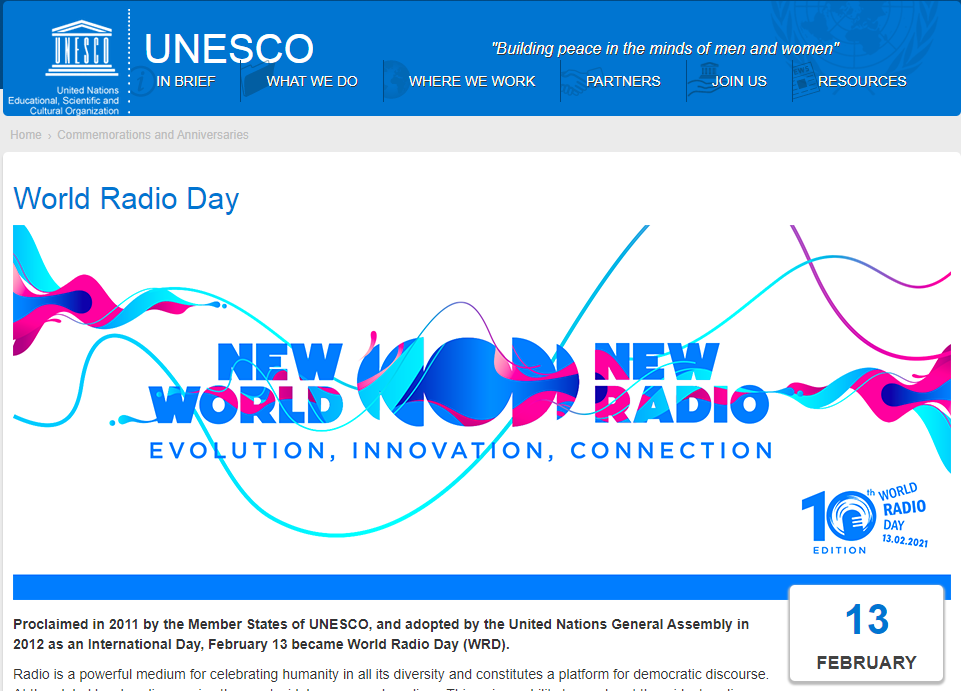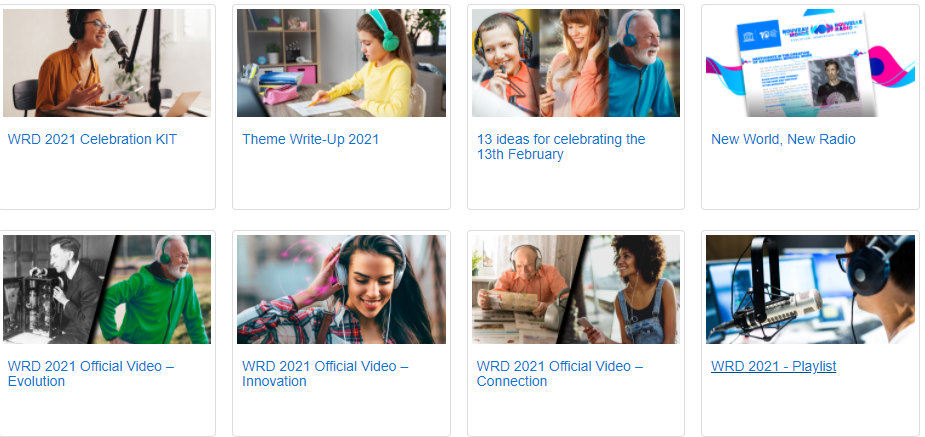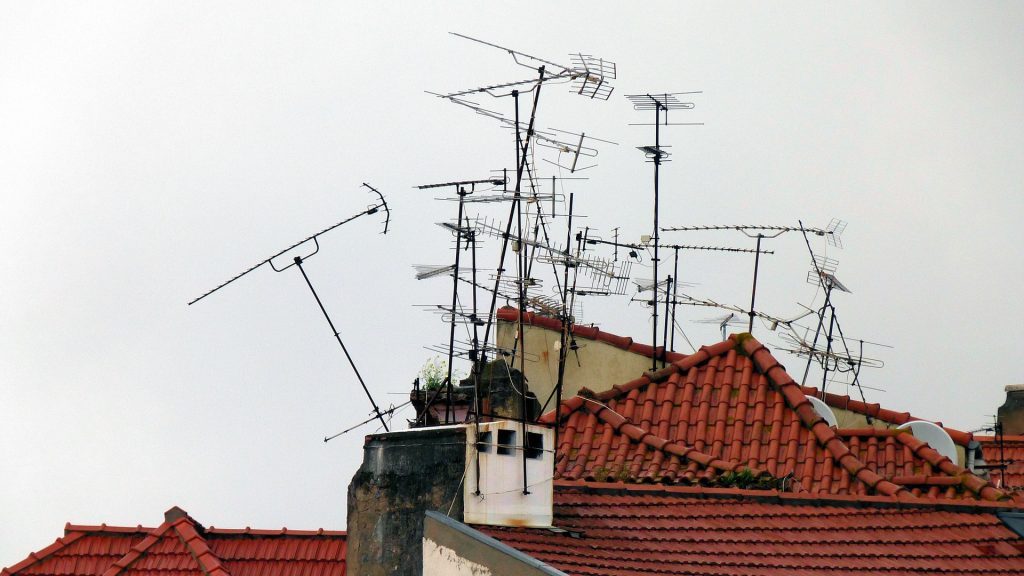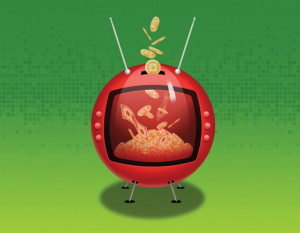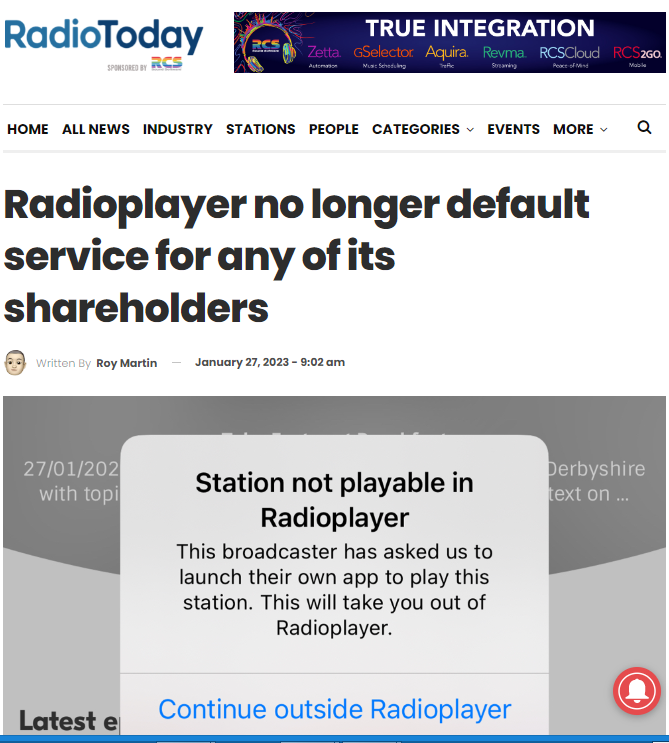
Source
Despite being one of the founding members of the British streaming platform, the British public broadcaster has removed its radio channels from RadioPlayer since January 2023. Listeners now only have to use ‘BBC Sounds‘, which is available as an app and can be accessed on the web in a special area of the British broadcaster’s official website. Retaining control of content with a proprietary app is a trend that is spreading especially among large broadcasters. In the UK, it was already put into practice by Global (owner of seven stations including Radio Capital, Heart Radio, Classic FM, and LBC), which created its own ‘Global Player‘ in 2017, while Bauer Media Group (owner of 150 radio brands in nine countries) has never directed listeners to the UK streaming platform.
The company is doing just fine! (but has few radio stations)
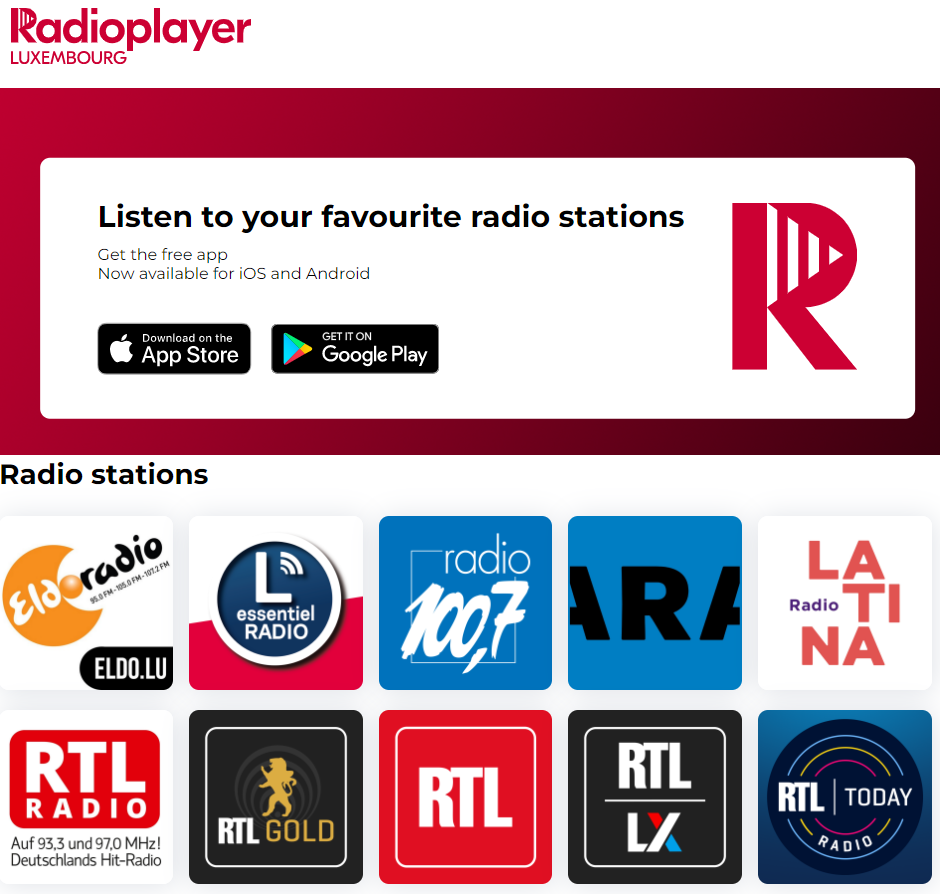
Source
The founder and CEO of RadioPlayer downplays. On the contrary, he raises the bar: Michael Hill says that the company is booming (the nineteenth foreign office was opened in March, with the launch of the app in Luxembourg). The platform, which claims to contain the best of radio, hosts the most important networks and commercial radio stations. These, however, are only a fraction of the stations that exist in each country. Two examples: in Luxembourg, you can listen to only ten, half of which belong to the RTL Group. In Italy, there are over 1100 active radio stations, but with RadioPlayer, you can listen to 125 of them, which is just a bit more than 10% of the mentioned number. This also includes 107 radio stations that only broadcast on DAB.
Written by Fabrizio Carnevalini

